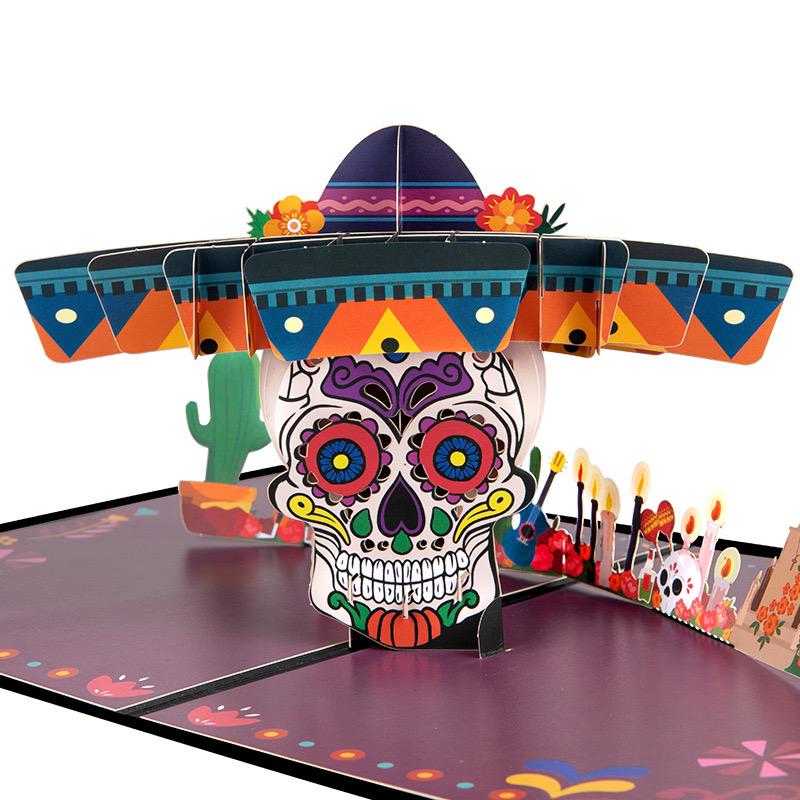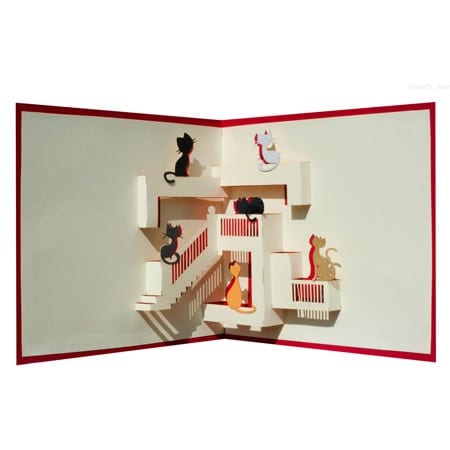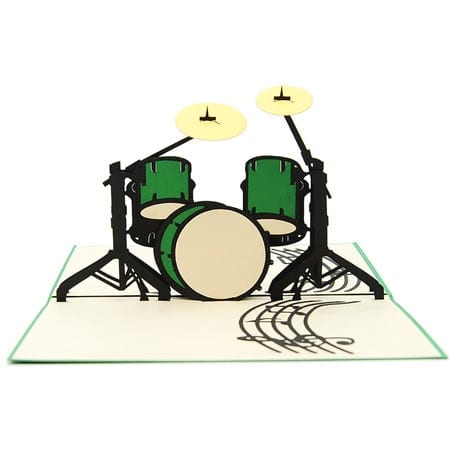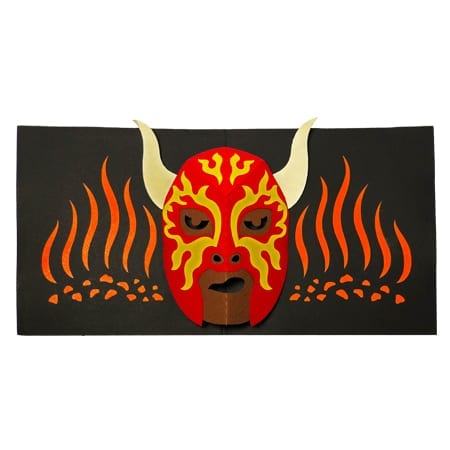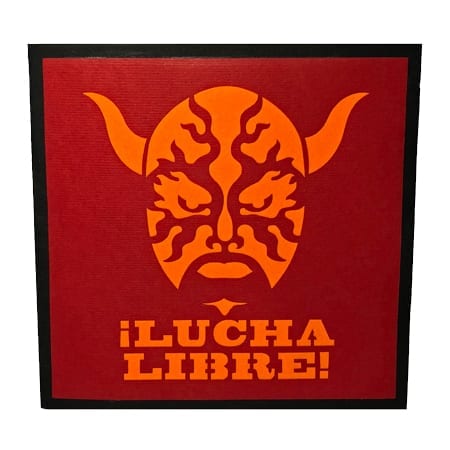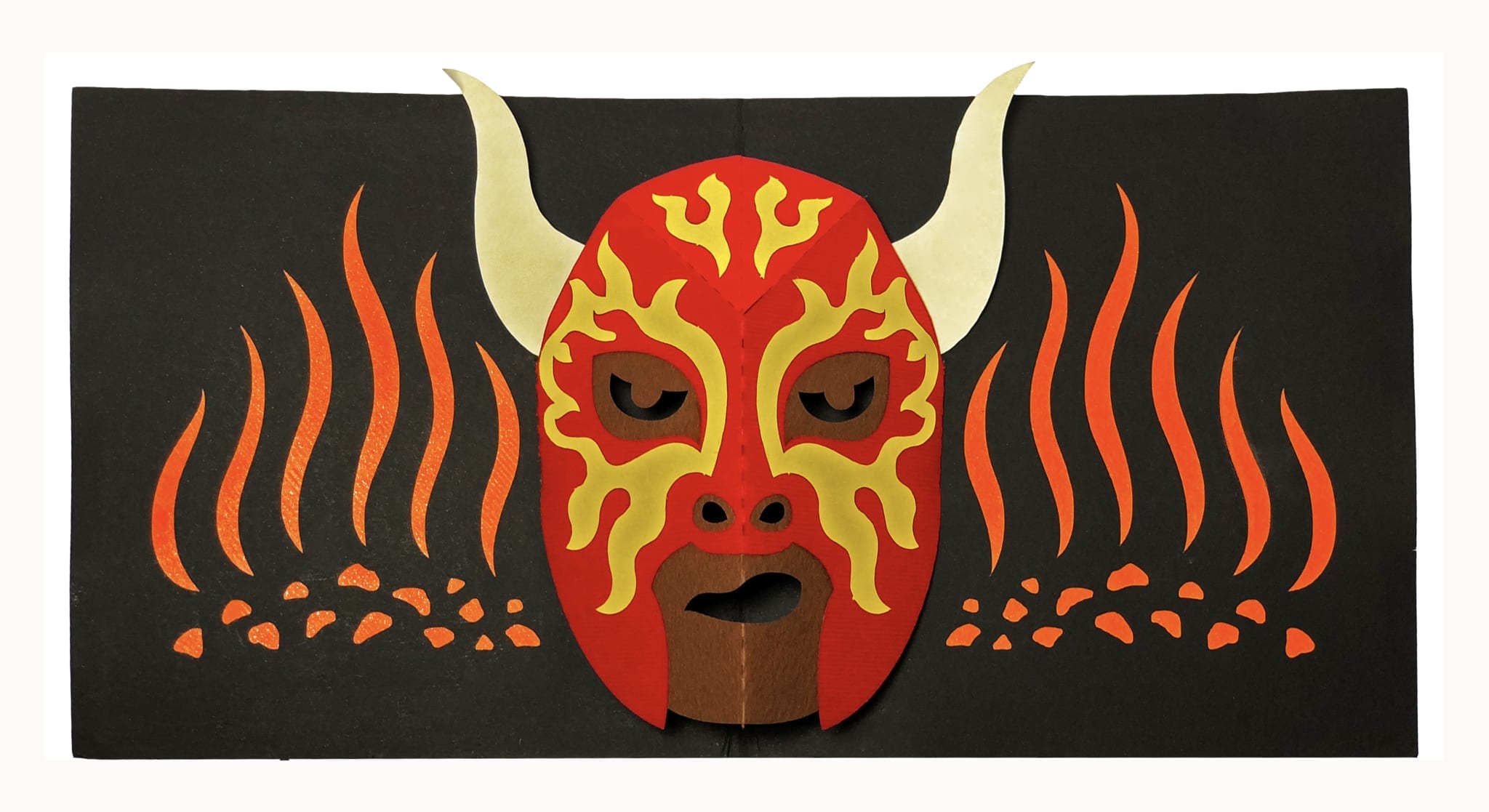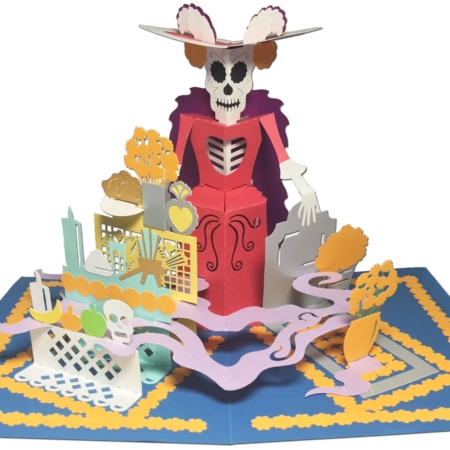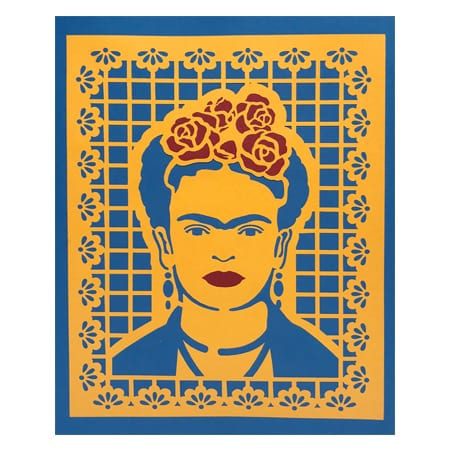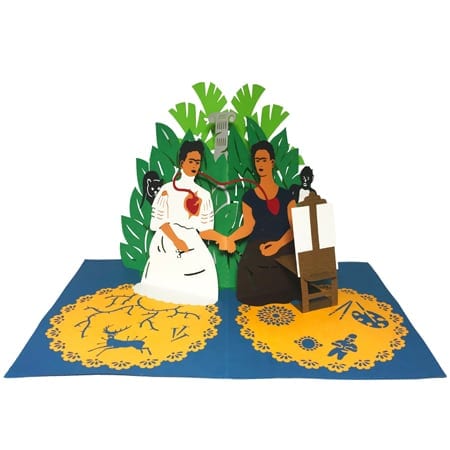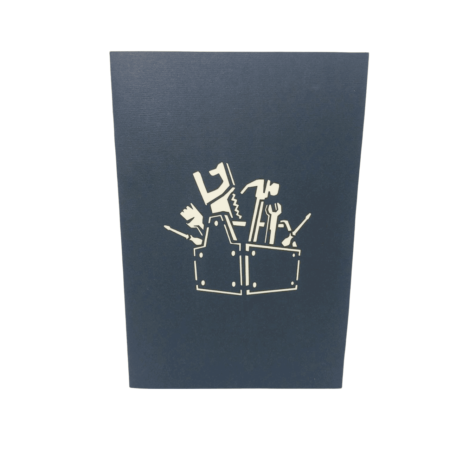Description
The red cover of El Diablo Wrestler Lucha Libre shows a flaming devil.
Message:
- You’re a Devil.
- I’d rather throw ya than know ya.
- Sometimes you win, sometimes you learn.
- Wrestling begins at the end of your comfort zone.
- The harder you work, the luckier you get.
- Wrestling is a little like wrestling a gorilla. You don’t quit when you are tired, you quit when the gorilla is tired.
- They say I’m insane; I say thank you very much.
More Lucha Libre lore:
Mexico’s version of free-style professional wrestling is one of the country’s biggest spectator activities today, eclipsed only in popularity by soccer. Characterized by colorful masks, flamboyant personalities and a whole lot of Spandex, it’s an edge-of-your-seat spectacle like no other and something that shouldn’t be missed.
A typical lucha match involves the “good guys” battling it out against the evil rudos, the “bad guys,” with an incredible array of dropkicks, backflips and leg locks. You’ll see both luchadores and luchadoras (female wrestlers) whirling around the ring, as well as wrestlers in drag known as exóticos.
The el diablo wrestler mask worn by a luchador is called a mascara. Traditionally, Mexican wrestling stars do not reveal their identities to the public, choosing to be known only by their ring identities. El Santo, one of the originators of the style, revealed his identity just days before his death. The masks are so important that legendary luchas are buried wearing their masks.
This is a card for a wrestler, a boyfriend, a birthday, a collector of kitsch.
See also the JAGUAR LUCHA LIBRE MASK.
The World of Lucha Libre Editorial Reviews
From Publishers Weekly
In this investigation of lucha libre wrestling, Levi’s immersion in the Mexican professional wrestling world and her training as a luchadora (female wrestler) give her an insider’s perspective well-placed to analyze the rich symbolic vocabulary the sport has conferred on political and cultural life. The author, an anthropologist, delves into the significance of masks, theatrics and familial training, capably recreating the action in the ring to demonstrate how técnicos (technical wrestlers), rudos (rule-breakers), referees and spectators interact to create the spectacle. Levi examines how luchadoras and exoticos (feminine male wrestlers) support and subvert Mexican gender roles, why masked luchadores moonlight as political activists and how lucha libre has recently re-emerged as pop culture kitsch on this side of the border in the movie Nacho Libre and the Cartoon Network’s Mucha Lucha. While the book is too academic to be an entertaining piece of reportage, it is a good primer. Its sophisticated analysis links lucha libre with Mexican political theater in which the heroes and villains work for the same team, masks alternately hide and reveal the truth, and the outcomes are determined before the matches even begin.
Copyright © Reed Business Information, a division of Reed Elsevier Inc. All rights reserved.
Review
“The World of Lucha Libre describes a strange and fascinating place in which masked men and women possessing incredible strength and agility punch, kick, and pummel one another into submission. For those reasons alone the book is worth reading, but, as Levi demonstrates, it’s the layers of meaning encoded in all that strange violence that make the struggle interesting.” – Jeremy Estes, PopMatters



